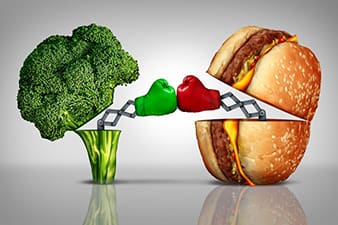The Myths & Misconceptions category uncovers the deeply rooted beliefs and cultural narratives that distort our understanding of veganism, animal rights, and sustainable living. These myths—ranging from “humans have always eaten meat” to “vegan diets are nutritionally inadequate”—are not harmless misunderstandings; they are mechanisms that protect the status quo, deflect ethical responsibility, and normalize exploitation.
This section confronts myths with rigorous analysis, scientific evidence, and real-world examples. From the persistent belief that humans need animal protein to thrive, to the claim that veganism is a privileged or impractical choice, it deconstructs the arguments used to dismiss or delegitimize vegan values. By revealing the deeper social, economic, and political forces that shape these narratives, the content invites readers to see beyond surface-level justifications and engage with the root causes of resistance to change.
More than just correcting errors, this category encourages critical thinking and open dialogue. It highlights how dismantling myths is not only about setting the record straight, but also about creating space for truth, empathy, and transformation. By replacing false narratives with facts and lived experiences, the goal is to build a deeper understanding of what it truly means to live in alignment with our values.
Veganism is more than just a diet—it’s a powerful lifestyle choice that fosters better health, protects animal welfare, and supports environmental sustainability. By embracing plant-based living, individuals can lower their risk of chronic diseases, promote ethical treatment of animals, and reduce their carbon footprint. Packed with nutrient-dense foods like fruits, vegetables, whole grains, and legumes, veganism offers a path to improved well-being while contributing to a kinder world for all living beings. Whether you’re motivated by health benefits or compassion for animals, adopting veganism is a step toward creating a healthier planet and a more compassionate future
























































